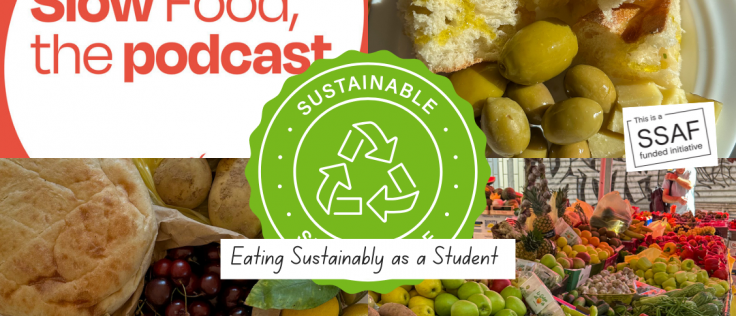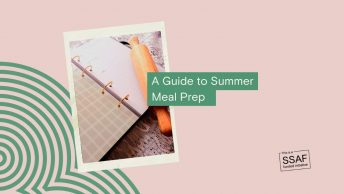Written by Ruby Hennessy-Grant
Eating sustainably can feel like an impossible task when you’re living as a student. Healthier food, organic labels and promises to be better for the environment have, for decades, come with a hefty price tag that renders them unaffordable to many of us.
Recently, I was listening to an episode of the Slow Food Podcast, where Cultural Anthropologist and long-time student Dr Guusje Weeber discusses her experiences navigating more sustainable eating. The conversation provides insight to how we might choose foods which minimise environmental impact, promote ethical practices and align with a more sustainable diet – all while on a budget.
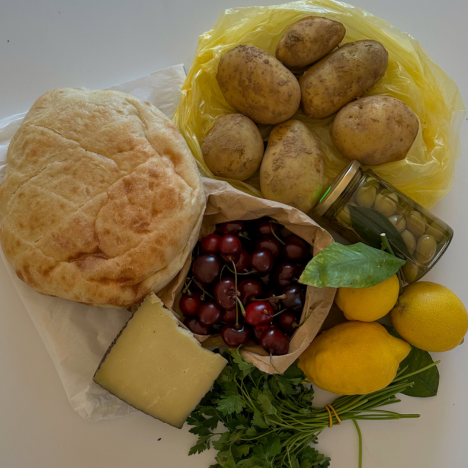
Plan and prep ahead
Organisation is key to many things in life, eating healthy and sustainably for less is one of them. To save money and time during the week, start with a plan:
- When will you go produce shopping
- When you prep meals
- What will you prep
This way, you limit last-minute rushed decisions and make sure you have time to source ingredients, you eat all that’s in the fridge and also minimise food waste.
For example, in the podcast, Dr Weeber notes that she visits the markets twice a week to top up her fresh produce and is mindful not to fall into a pattern of visiting the grocery store each day.
Seasonal & Local Shopping
If you have access and time, trying to source produce from a local market is the best way to support local farmers and contribute to the surrounding economy. Buying seasonal ingredients and learning to store them beyond the growing season, like freezing, will help reduce overall cost.
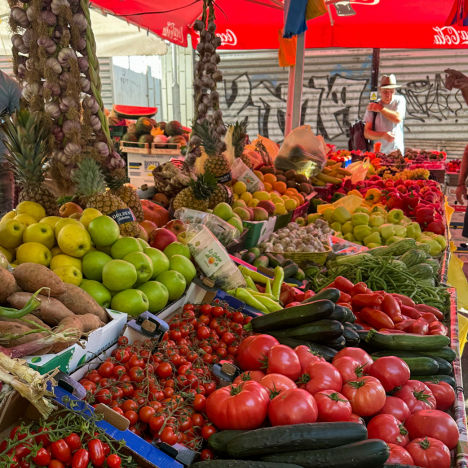
Reduce meat consumption
Globally, raising livestock for human consumption generates 15% of greenhouse gas emissions. While you might not want to move to a fully plant-based diet, reducing how much meat you consume can be effective in increasing your diet’s sustainability, plus saving you a few dollars.
Start by reducing meat portion sizing in your meals and increasing plant-proteins like legumes and lentils. You can even opt for meat-free meals on select nights throughout the week.
Use what you have to produce as little waste as possible
Think about how you can reuse leftovers, freezing produce that you haven’t used before it expires and stretching ingredients through different recipes. A good example is all the ways a bag of potatoes can be used: mashed, baked, used for homemade fries and placed in soups, for example.
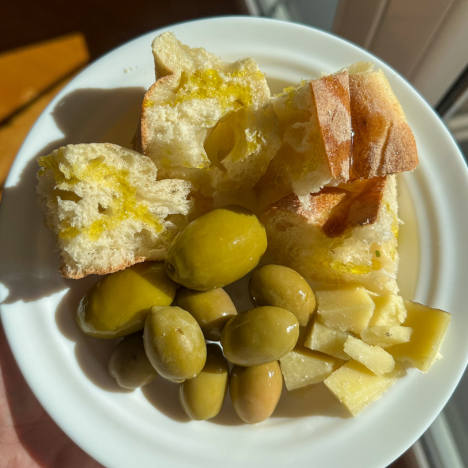
Keep it simple & Build Cooking Skills
Both for cost and sustainability, simplicity is best. Basing most meals around beans, legumes, rice, and simple veg like onions, carrots and tomatoes with conscious additions of animal-proteins like yogurts or meats is going to go a long way to preserving your budget and the environment.
Why this is important for students
- You’ll stretch your budget further without compromising nutrition or flavour.
- Cooking from mostly whole ingredients builds practical kitchen skills and independence.
- These habits support sustainable food systems, helping communities and better protecting the environment.
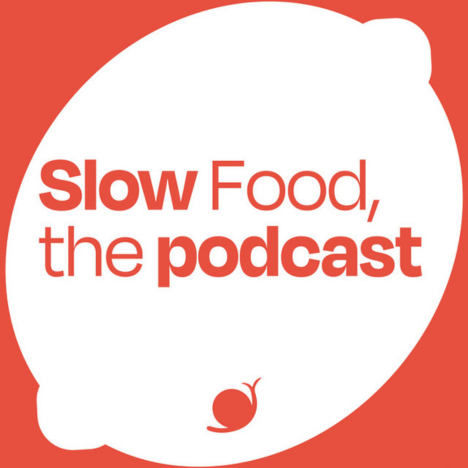
If you’re interested in listening to the Podcast, you can find it here
Charlie blog is a SSAF funded initiative.


